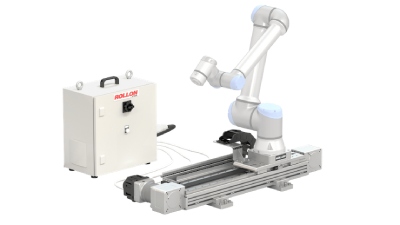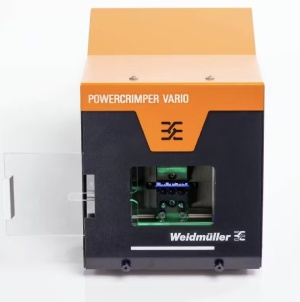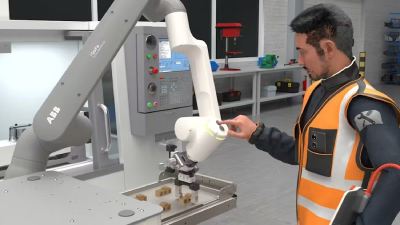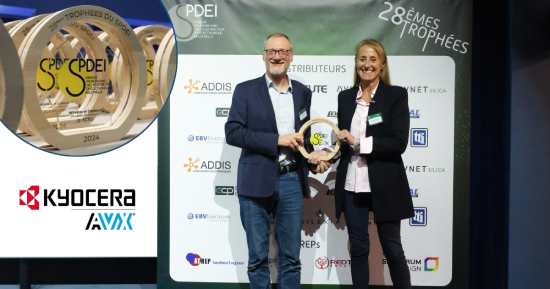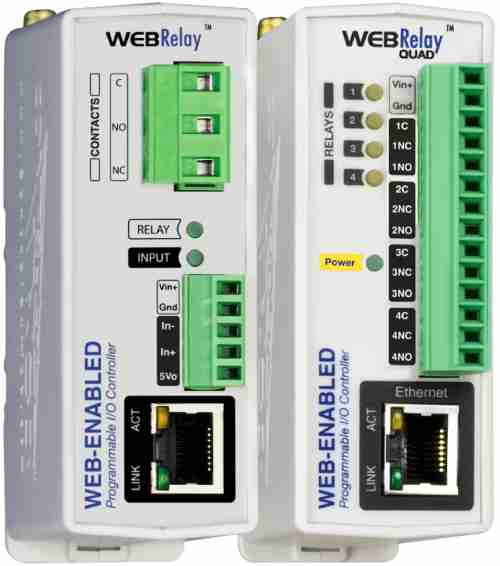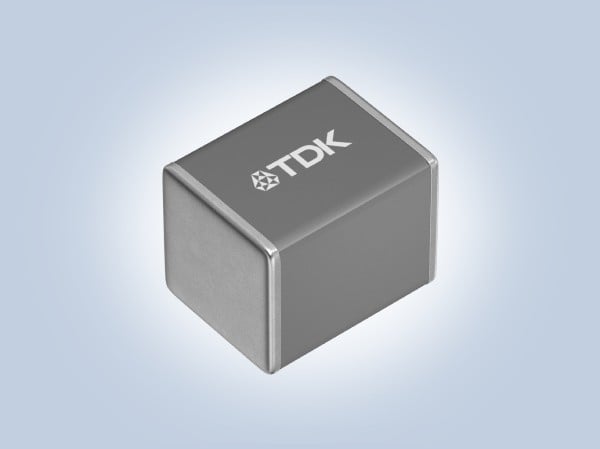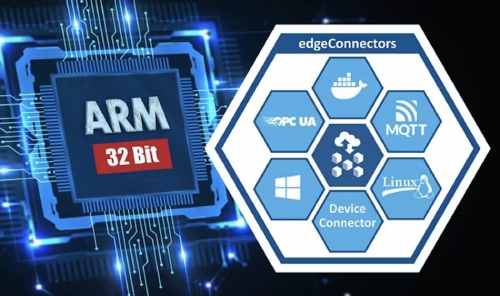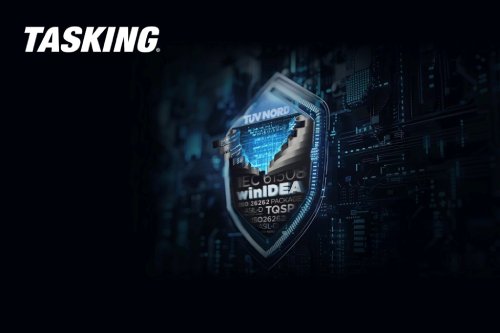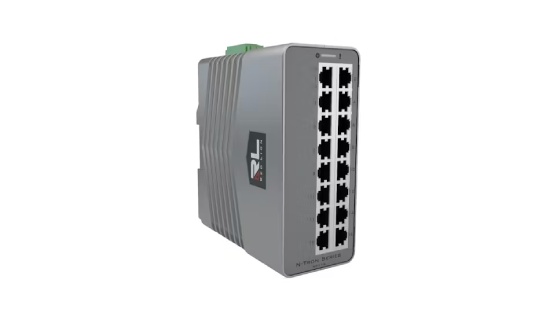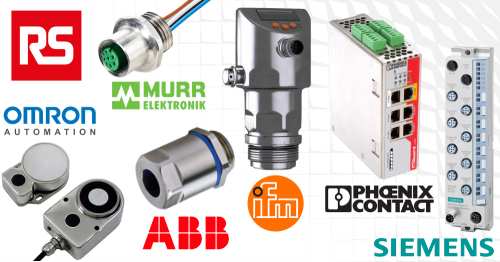Smart devices are bridging the gap between IT and OT domains and transforming every stage of production in process manufacturing and beyond, unlocking new efficiencies. RS helps process manufacturers select, integrate, and maintain optimized solutions.
RS, a global product and service solutions provider for industrial customers, offers an expansive selection of digitalization and integration solutions engineered to boost efficiency and productivity in the process manufacturing industry.
In addition to pervasive industrial market challenges, including unplanned downtime, skilled labor shortages, and supply chain interruptions, process manufacturers contend with stringent safety, tracking, and tracing requirements and a variety of environmental hazards, including extreme temperatures, high-pressure washdowns, and chemical exposure. Smart digitalization and integration solutions designed to support automation, remote condition monitoring, predictive maintenance, and advanced data analytics play a vital role in helping process manufacturers overcome these common challenges and get the most out of their systems.
When utilized effectively, digitalization and integration solutions bridge the gap between information technology (IT) and operating technology (OT), enabling end-to-end optimization that results in increased accuracy, higher efficiency, reduced downtime, improved product quality, fewer staffing and workload issues, greater productivity, and enhanced regulatory compliance. The efficiency and productivity improvements enabled by IIoT technology employed in factories alone are expected to generate up to $3.3 trillion by 2030, much of which can be attributed to the preventative maintenance strategies that IIoT technologies enable since these efforts have been proven to reduce unplanned downtime by up to 70% and maintenance costs by up to 25%. As such, the demand for digitalization and integration solutions like these continues to expand.
The RS portfolio of smart digitalization and integration solutions features a wide variety of products designed to enhance industrial performance and includes selections optimized to withstand the hazards of process manufacturing environments. RS also has the experience and expertise necessary to help process manufacturers select, integrate, and maintain these solutions and capitalize on a variety of impactful advantages, including:
Better, More Data-Driven Decisions: Timely, reliable data plays one of the most important roles in the latest digitalization and integration technology. Without it, process manufacturers risk making uninformed decisions with inaccurate information.
Integrated systems arm businesses with more data than ever before while improving prediction accuracy and enhancing shareability. Decisionmakers can better assess and analyze their systems by seamlessly accessing and distributing data, often in real-time. Additionally, analytical tools like manufacturing execution systems (MES) and enterprise resource planning (ERP) systems further review, analyze, and distribute information, enabling better, more informed decision-making.
Connectivity components, such as connectors and cabling, are essential to industrial network communications and transmit data from IIoT devices, like sensors, to controllers programmed to manage machinery and processes. RS connectivity solutions designed to support digitalization and integration in process manufacturing include the Murrelektronik F&B PRO line, which is engineered to meet the exacting hygiene, cleanliness, and corrosion protection requirements for food and beverage applications, and the FSCG Series cable glands from ABB Installation Products (formerly Thomas & Betts brand), which feature a smooth, hygienic, single-piece, fully enclosed, and corrosion-resistant stainless steel construction with FDA-compliant EPDM seals rated IP66 through IP69K.
Proactive, Preventative Maintenance: Unplanned downtime can cause a huge hit to a company’s bottom line. A Siemens report found that unplanned downtime cost Fortune Global 500 companies 11% of their yearly turnover — almost $1.5 trillion — in 2022. With more and better data comes better insights into machine and system health. This allows operators to know when maintenance is needed ahead of time and better align any necessary downtime with production schedules, demand, and logistics.
Smart sensors digitalize critical equipment data and — with the help of industrial data communication devices, like routers— transmit that data to controllers, like PLCs, in real-time, enabling adjustments that previously required human intervention and providing manufacturers with valuable insights into machine and system health that enable predictive maintenance and reduce downtime. RS sensor solutions optimized for digitalization and integration in process manufacturing include the ifm efector PI Series sanitary pressure and level sensors, which are ideal for tank level and pressure measurements. Optimized data communication devices include Phoenix Contact’s mGuard family of rugged, industrial-grade security devices with integrated firewall, router, and optional VPN functionality.
Flexibility and Nimble Adjustments: For process manufacturers, innovation — ranging from new recipes and formulas to product improvements — means experimenting, testing, and adjusting, and success means safety, consistency, and compliance. Digitalization and integration solutions enable precise, repeatable measurements, ensure adherence to existing recipes to improve quality control, monitor the shelf life of essential ingredients, and automate the documentation of production processes to ensure consumer safety and regulatory compliance.
I/O solutions help link smart sensors to PLCs and other controllers that use sensor data and internal logic programming to control and automate system processes with precision, accuracy, and consistency. RS I/O solutions engineered for deployment in challenging process manufacturing environments include the multifunctional, modular, and scalable Siemens SIMATIC ET 200 distributed I/O systems, which enable integrated and optimized data availability in industrial automation systems, and SIMATIC ET200eco PN I/O modules, which are especially compact and rugged with flexible configurations, simple installation, and fast commissioning.
Traceable and Transparent Food Safety: Innovative digital systems, like MES employed in food and beverage manufacturing operations, enable end-to-end batch traceability and lot tracking capabilities that are essential for compliance with the FDA’s Food Safety Modernization Act (FSMA) requirements. They allow manufacturers to respond quickly and effectively to any production or distribution issues that may arise (e.g., improper temperatures), preventing safety hazards and profit losses.
When paired together, MES and cloud-enabled ERP solutions play a key role in unifying data from IIoT devices and other digitalized and integrated factory equipment and processing and analyzing that data in real-time. IIoT devices essential to food and beverage traceability include temperature sensors, humidity sensors, and adapters.
Improved Worker Conditions and Experience: Many of the latest smart devices offer remote monitoring and cloud sharing capabilities for added convenience and visibility. These features allow operators to review, share, and analyze data quicker and easier than ever before, even when they’re not on-site, which can lead to safer working environments, improved personnel performance, and more accurate staffing and workload management.
Networked facility security solutions, like machine guarding devices designed to control equipment access, are another key element of integrated process manufacturing systems. Many industrial safety and security solutions are ruggedized against hazards like shock, vibration, and extreme operating temperatures, and a growing number of them offer robust resistance against sanitation and sterilization processes, like high-pressure, high-temperature, and harsh-chemical washdowns. RS facility security solutions optimized for digitalization and integration in process manufacturing include Omron Automation’s D40ML magnetic-locking safety interlock door switches, which feature high holding force and integrated RFID technology for robust tamper resistance.
“The industrial digital transformation catalyzed by the combination of Industry 4.0 trends and technologies is helping organizations in every segment of the market overcome pervasive challenges and achieve collective goals,” said RS Application Engineer Miguel Gudino. “Integrating IT and OT allows businesses to capitalize on all the benefits these tools have to offer. These advantages extend to every phase of the production lifecycle and help manufacturers overcome pervasive challenges, achieve common goals, and pave the way for future advancements that deliver even more impactful benefits.”


